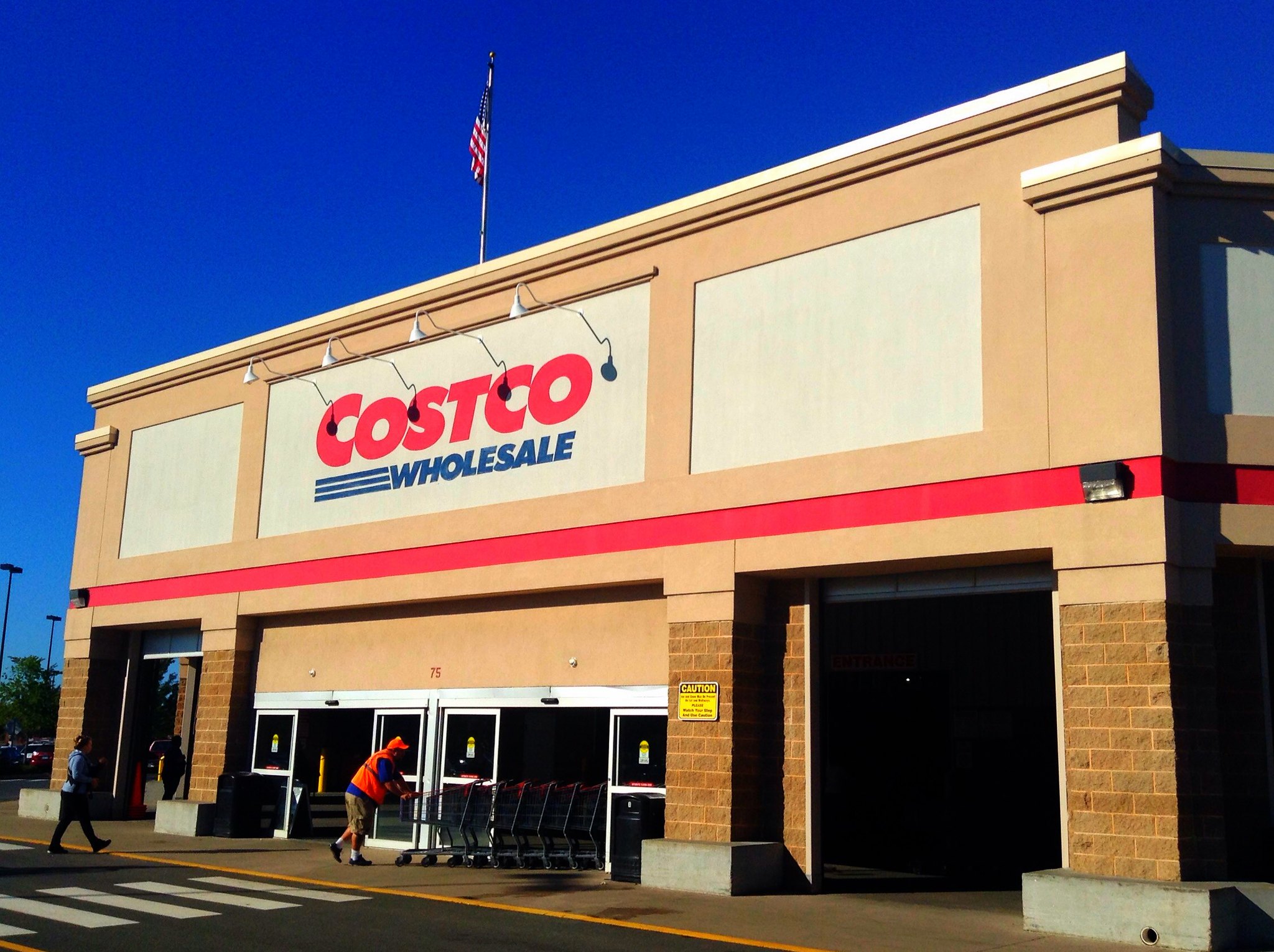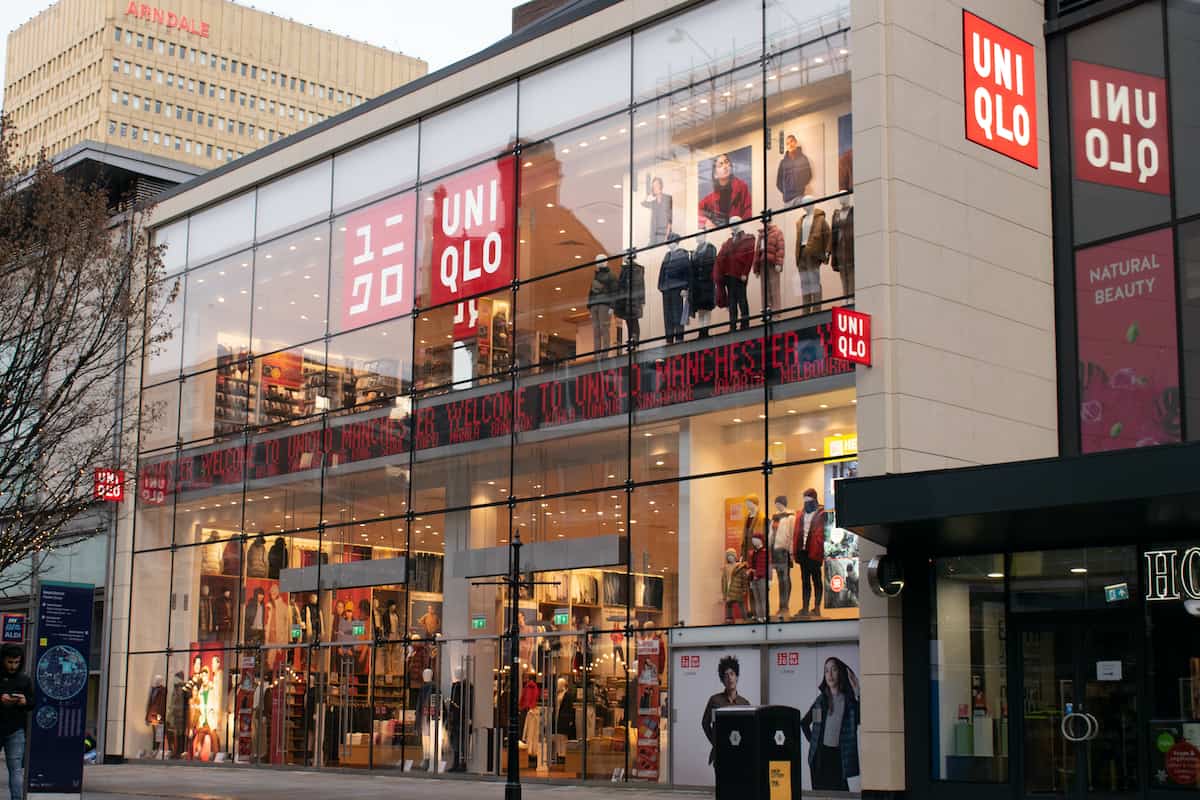Kingfisher Group, parent company of B&Q and Screwfix, today said it had fast tracked plans to put its stores at the centre of its ecommerce business after trade bounced back online from the coronavirus pandemic. Online sales grew by 164% during the first half of its financial year to account for 19% of group sales, while overall sales dipped slightly but pre-tax profits grew by 62%.
It says that it moved quickly to respond to high levels of ecommerce demand during the first half of its financial year and would now focus on growing ecommerce sales and building a mobile-first customer experience. It is testing smaller store sizes – such as in a B&Q partnership to open stores-within-stores at branches of Asda – and says it will also prioritise better sourcing and responsible business practices.
The update came as Kingfisher reported sales of £5.9bn in the six months to July 31. That’s 1.3% down on the same time last year. But pre-tax profits of £398m were 62.4% up on the same time last year, after one off net costs of £17m, mostly linked to Kingfisher’s exit from markets including Russia.
Kingfisher owns B&Q and Screwfix, which are both Leading retailers in RXUK Top500 research. B&Q sales of £1.8bn were up by 3.7% on the same time last year and online sales grew by 135% to account for 11% of sales, up from 5% a year earlier. Screwfix sales of £914m grew by 3.7%, and online orders grew by about 160% to account for 80% of total sales, from 32% a year earlier.
Kingfisher Group chief executive Thierry Garnier said: “We are fundamentally reorganising our commercial operating model to serve our customers better. We have accelerated our plans around ecommerce, with a focus on fulfilment from stores. We are continuing to improve our operational performance in France, and have introduced new trading approaches at each of our banners. We are testing a number of initiatives, including new concepts, services and partnerships.”
He added: “We delivered a resilient financial performance in the first half of the year, with the adverse impact of Covid-19 in Q1 offset by a strong recovery in Q2. This recovery has continued into Q3 to date, with growth across all banners and categories.
“The crisis has prompted more people to rediscover their homes and find pleasure in making them better. It is creating new home improvement needs, as people seek new ways to use space or adjust to working from home. It’s also clear that customers are becoming more comfortable with ordering online. And delivering value to consumers is imperative against a challenging economic backdrop.”
How B&Q and Screwfix combined stores and online to respond to Covid-19
When Covid-19 hit, Kingfisher businesses moved quickly to use their stores to meet high levels of online demand. Most were closed for in-store browsing and purchasing, but instead focused on improving service online and adapting collection and delivery processes. At B&Q a ‘home delivery from store’ service was soon able to serve 98% of the UK population and by the end of the first half was handling more than half of all B&Q’s home deliveries.
Some 79% of group online sales, and 90% of online orders, are delivered via click and collect, with B&Q able to offer click and collect within an hour and Screwfix in as little as a minute. Such capabilities were taken to new markets: in Spain and Portugal, Kingfisher launched a one-hour click and collect service alongside a new store-fulfilled home delivery service. “Many of these initiatives were deployed very quickly and without extensive trials, highlighting the significant potential for ecommerce in the home improvement market as well as demonstrating our capabilities to serve this market,” said Kingfisher in today’s interim results statement.
At the height of the coronavirus crisis, it said, it was able to scale its ecommerce operations to grow online sales as much as fourfold through measures including improved in-store picking and managing peak demand through online queueing systems. The proportion of sales taking place online now remains higher than before Covid-19.
The retailer also introduced promotional events at its major retail brands and started on a programme of targeted price reductions at Screwfix, which helped to lift like-for-like sales at the end of the last financial year and into the current year.
Kingfisher Group stopped claiming under the UK and French Covid-19 furlough schemes – where it claimed a total of £55m during the first half – from July 1. It now plans to repay its UK furlough claim, of about £23m, in the second half of the year “unless any material changes in the trading environment occur”.
How Kingfisher is developing its longer-term multichannel strategy
Kingfisher, which says that the coronavirus crisis has underlined the need to become “simpler, leaner and more agile”, is now focused on growing online sales longer-term. Its first-half figures show that ecommerce accounted for 19% of sales, up from 7% a year earlier. When Screwfix is excluded, 8% of sales took place online, up from 3% a year earlier. But Covid-19 brought fast change, and sales grew by 164% during the first half, or 173% when Screwfix is excluded. Click and collect grew by 243% over the same period, to account for 79% of group online sales, or 66% excluding Screwfix.
The retail group plans to move quickly to store-based picking and fulfilment for both delivery and click and collect orders, although specific categories will be delivered from fulfilment centres. Last-mile delivery from store will speed up fulfilment, while roll out of the group’s digital technology stack – built on SAP – will be prioritised. The stack uses the cloud to support digital capabilities including scalable mobile apps, seamless payments, smart search and more efficient web content management. So far, the implementation has been completed at B&Q and Castorama France.
The retail group is trialling smaller store formats, and recently agreed a trial of four B&Q concessions within branches of Asda. And it is targeting lower rents, with seven B&Q leases renegotiated in the year-to-date, with a net rent reduction of more than 20%.
Mobile focus
Kingfisher plans a mobile-first approach and has appointed Sienne Veit as group digital product and platforms director and Tom Betts as group data director, from John Lewis and the Financial Times respectively.
“More than ever, mobile is at the centre of our customers’ home improvement journeys and experiences, from the point at which their initial needs emerge, all the way through to purchase, delivery, building and installation,”said Kingfisher in today’s half-year statement. “We believe that this channel will remain the focal point of the end- to-end customer journey and experience. Through our mobile-first approach we intend to make it easier for customers to shop online and in-store.”
That’s being realised through the introduction of functionality including Scan & Go at B&Q – using a smartphone to scan and pay for products. Tool hire services are being tested at B&Q, where the retailer is installing self-checkout terminals to support the service. In France, Kingfisher is working with NeedHelp, a mobile-based network that links trade professionals with customers.
B&Q plans to relaunch kitchen installations in the next six to 12 months, Kingfisher said in today’s results, and is currently trialing a new service.
Responsible business practices
One key pillar of the Kingfisher strategy is to lead the industry in responsible business practices. These include becoming more inclusive, and helping to tackle climate change in ways including creating more forests than it uses. Currently, Kingfisher says, 94% of wood and paper at B&Q and its French brands are from recycled or well-managed forest sources, and it has reduced emissions. It says that 37% of sales now come from products that make its customers’ homes greener and healthier, from LED lighting to low-flow taps.
Brexit preparation
Kingfisher Group has an internal Brexit steering committee, which has been in place since June 2016. It says it will continue with its planning for either WTO rules, if no trade agreement is reached with the EU, or for a new trading relationship with the EU. Measures that it has taken to mitigate border delays include using more ports for deep-sea imports and working to access simplified customs procedures. It is talking to its suppliers to ensure they are ready to operate if there is a hard EU border with the UK.
If no free trade agreement is reached, and the UK’s new global tariff – as published in May 2020 – is applied, Kingfisher says that it expects its products, imported both from within and outside the EU, would attract an average tariff of about 2%. “This would be slightly lower than the current average duty rate for all direct imports into the UK,” it says. It also says it has seen no significant impact on either retention or hiring following the 2016 referendum. “We will continue to monitor the status of the negotiations and review and adjust our contingency planning accordingly,” it said.








